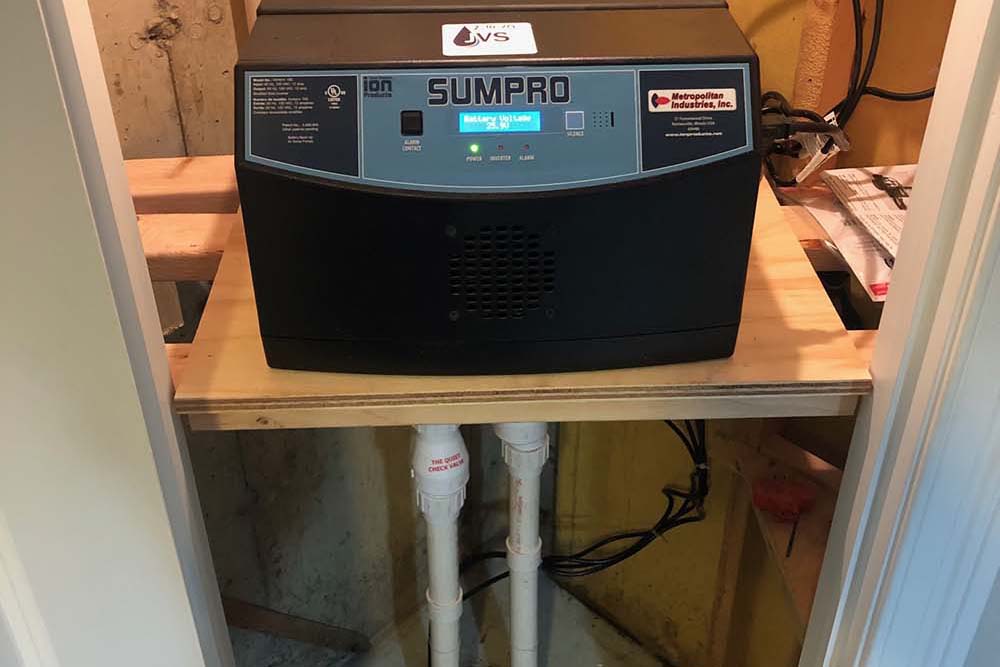A flooded basement is any homeowner’s worst nightmare. If you have ever unexpectedly stepped into ankle-deep icy water at the bottom of your basement steps, you need to get a sump pump for your home. This blog will shed light on how sump pumps work to keep flood and rainwater away from homes. We will also discuss how owning a sump pump can save your home from floods that cause damages to the foundation. So, let’s begin.
What Is a Sump Pump?
A sump pump is a small pump that discharges water accumulated in a water-collecting sump basin. It channels the water away and can mainly be found in basements of homes. There are 2 main types of sump pumps available commonly in the market:
Submersible Sump Pumps
These pumps are hidden in your sump basin. The motor and pump are found in one unit. Since they are submerged in the water basin, these pumps are quieter and save space. However, they have a shorter life than pedestal sump pumps.
Pedestal Sump Pumps
A pedestal sump pump consists of a separate motor and pump. The motor is mounted above the basin, with a hose running to the basin where the pump is placed. The pump sends water through the hose and out into the designated drain area. However, this type of pump is louder and can take up more space than the submersible pump.
How Sump Pumps Work in Homes
A sump is a pit or a hole carved underneath the primary surface of a basement floor. This pit, also called a basin, contains the sump pump. The pump comprises of valves that detect escalating water pressure or levels. When the water level or pressure increases by a lot, sump pumps automatically pump the excess water out of the basement and away using a discharge line. This line then connects the sump pump to a selected drainage area.
Most sump pumps work using the standard electricity supply, although some function using the municipality’s water supply. Water-based sump pumps work better during power breakdowns. This makes them a good choice if you live in a region that gets an annual storm. However, these pumps can cost quite a bit to run if your city’s municipal water rates are expensive.
Sump pumps have been a common feature in houses all across the United States for decades. The U.S. Federal Clean Water Act made sump pumps mandatory in 1987 as part of many new buildings, so if you have a relatively newer house, even in a dry area, you most likely own a sump pump.
Get the Right Sump Pump from JVS Plumbing Co.
Once you’ve understood how sump pumps work, your primary focus should be selecting the correct sump pump for the safety of your home. It would be best to choose a pump with sufficient horsepower to handle the annual level of flooding. If you select a sump pump with lower horsepower, you will still be at risk for flooding. Simultaneously, a sump pump with a higher horsepower than needed will turn on and off repeatedly, which will lower its lifespan.
To evaluate your current sump pump system or install a new one, get in touch with JVS Plumbing Co. today. Our team of certified technicians will ensure you buy the right size sump pump and place it properly. For a consultation, call us at (847) 702-2111 today or request a quote via our website, and our team will get back to you as soon as possible!






